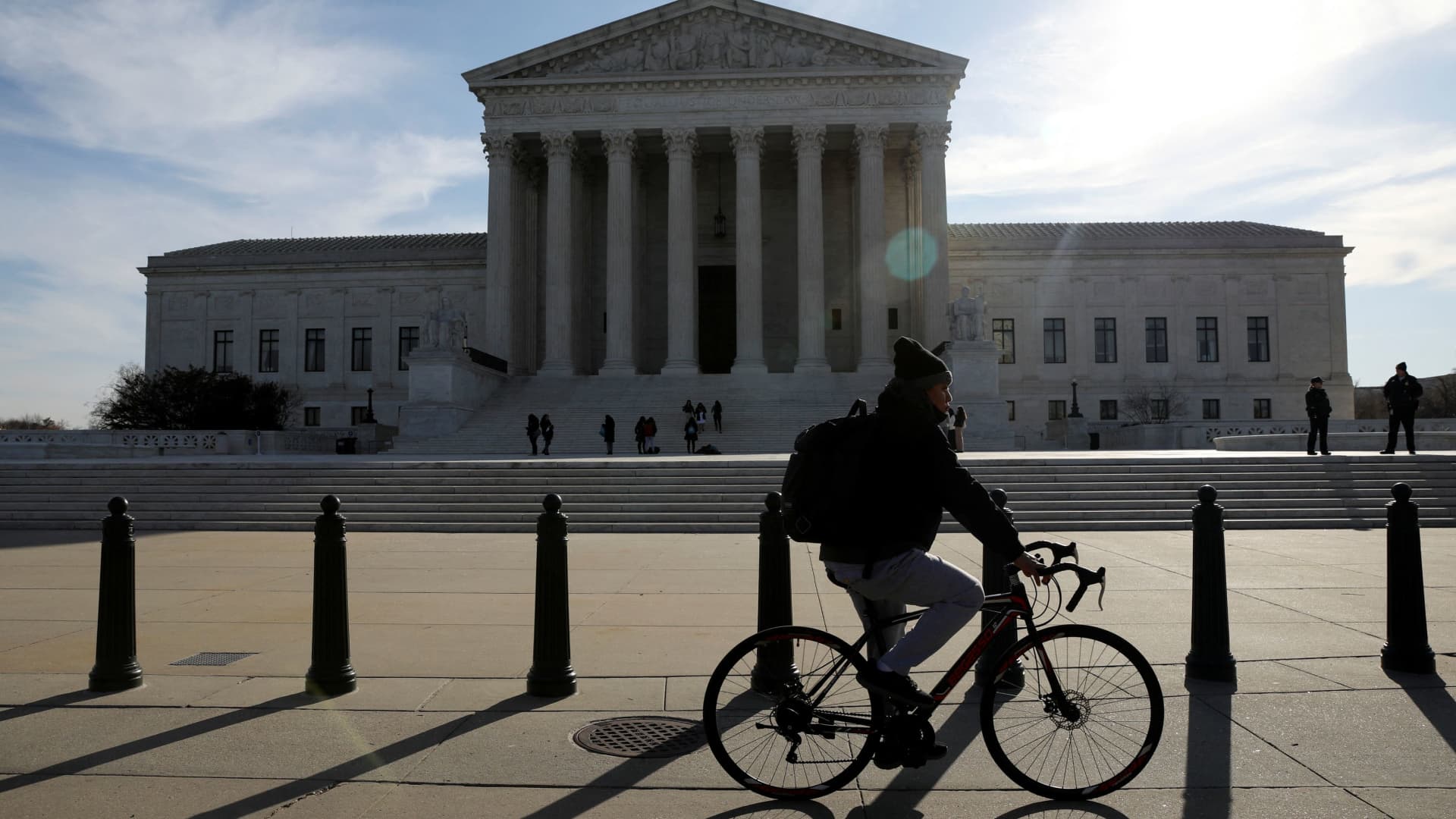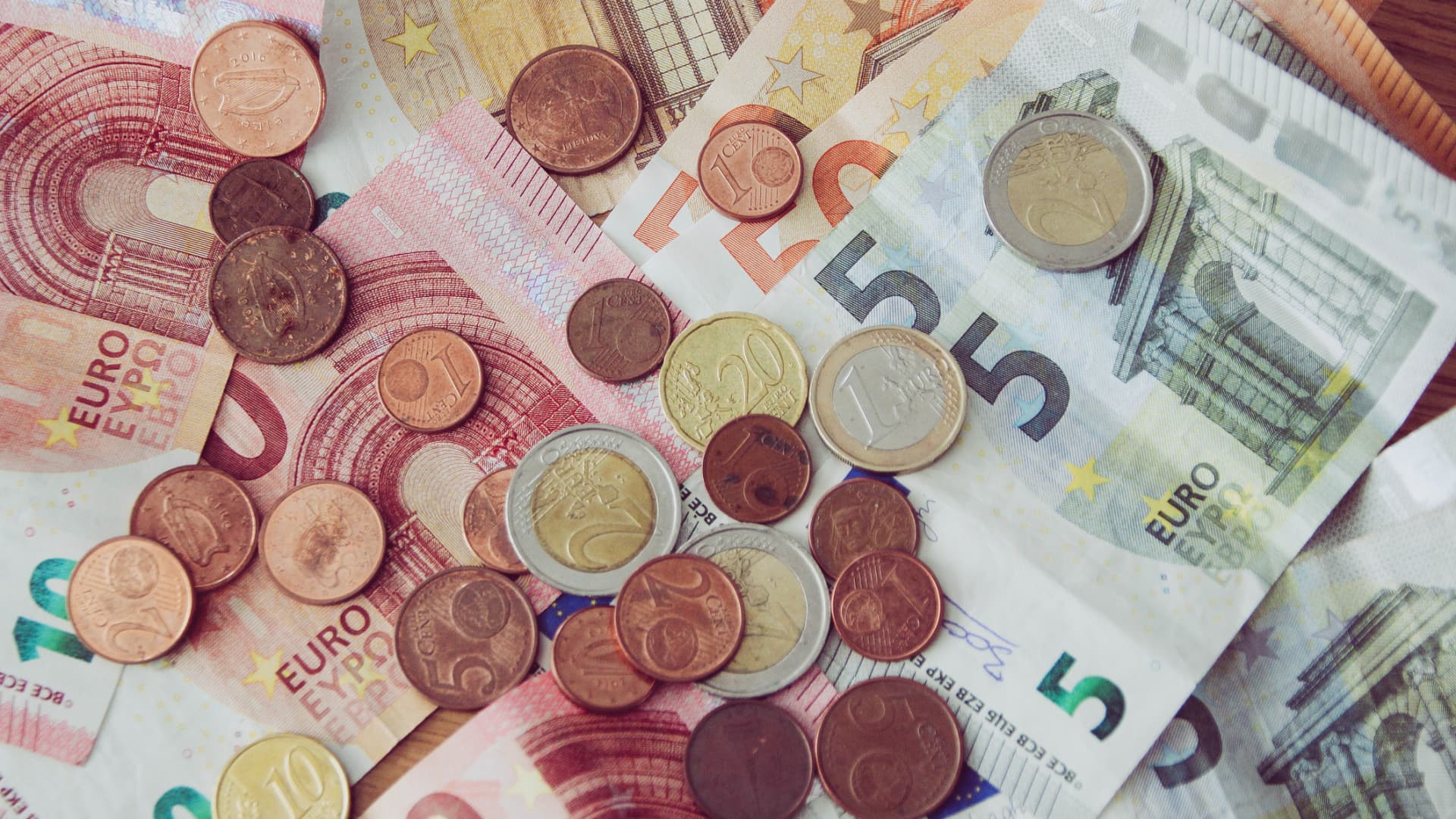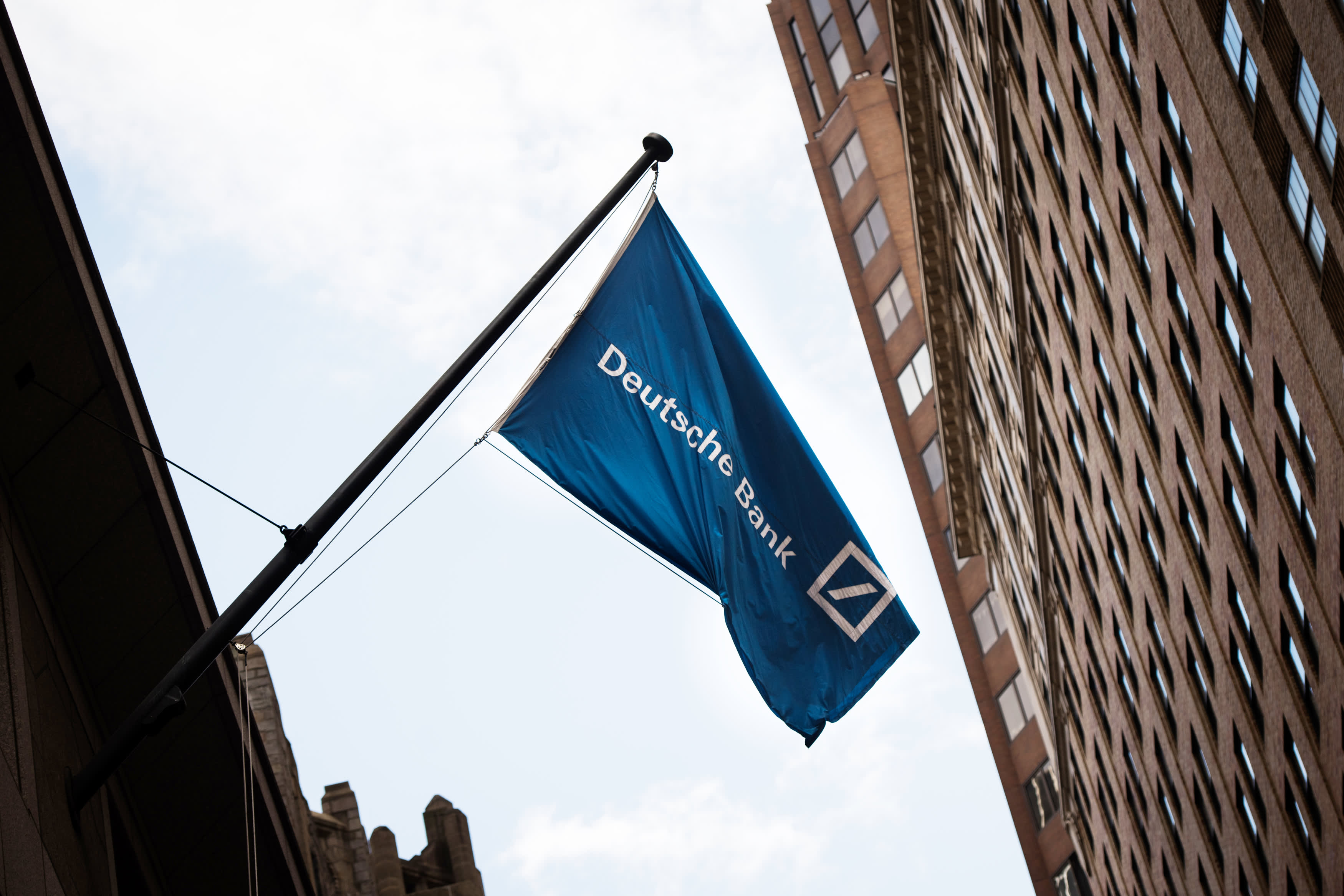Stocks fall to start June as concerns mount about economic growth
Wall Street turned the page to another month following a volatile May.

U.S. stocks pulled back Wednesday amid worries about the health of the economy, as Wall Street turned the page to another month following a volatile May.
The Dow Jones Industrial Average shed about 170 points, or 0.5%. The S&P 500 eased 0.5%. The technology-heavy Nasdaq Composite was little changed.
The major averages each opened higher, but turned lower as concerns mounted about economic growth.
Weighing on investor sentiment, JPMorgan CEO Jamie Dimon on Wednesday said the economy is headed for a "hurricane."
"You better brace yourself," Dimon said at a financial conference. "JPMorgan is bracing ourselves and we're going to be very conservative with our balance sheet."
Fresh economic data released Wednesday morning also showed job openings declined sharply in April.
Materials names typically linked to the economic cycle were among the biggest laggards on the S&P 500. Albemarle dropped more than 8% and Mosaic shed more than 5%.
Travel names were also major decliners on the index. Norwegian Cruise Line fell more than 5% and Delta Air Lines eased more than 4%.
On the upside, Salesforce surged more than 12% after the company's first-quarter results topped expectations.
Stocks are coming off a down day as investors weathered a choppy trading session to close out the month.
For the month of May, the Dow and S&P 500 finished little changed, after last week's strong rally chipped away at long losing streaks for the indexes. The Nasdaq Composite underperformed, shedding more than 2%.
However, the ride for stock investors was far more turbulent than the month-end results suggest. The S&P 500 briefly dipped into bear market territory last month, trading more than 20% below a record at one point. The Nasdaq, meanwhile, is deep in a bear market — down 25.5% from an all-time high.
Traders in May pored over a raft of mixed quarterly results that included some big misses from bellwether names like Walmart.
Meanwhile, the Federal Reserve at the start of May hiked rates by 50 basis points to quell an inflationary surge not seen in decades.
The first day of June marks the start of the Fed's plan to reduce its balance sheet, which ballooned to nearly $9 trillion during the Covid pandemic.
Treasury Secretary Janet Yellen told CNBC on Wednesday the White House has several strategies that will reduce inflation she characterized as too high for Americans. In a separate interview Tuesday, Yellen admitted she was wrong when she called inflation "transitory" last year.
With the first-quarter earnings season nearly complete and the Fed having strongly signaled its rate hike intentions for its next two meetings, stocks could struggle for direction over the summer.
"It's best to wait and see how the next quarter shakes out. When we get into late July, we'll have a better picture. Until then, I think we're going to see very much a choppy market with a bias towards falling further into a bear market," said Max Gokhman, chief investment officer at AlphaTrAI.
—CNBC's Jeff Cox contributed to this report.

 ValVades
ValVades 
































